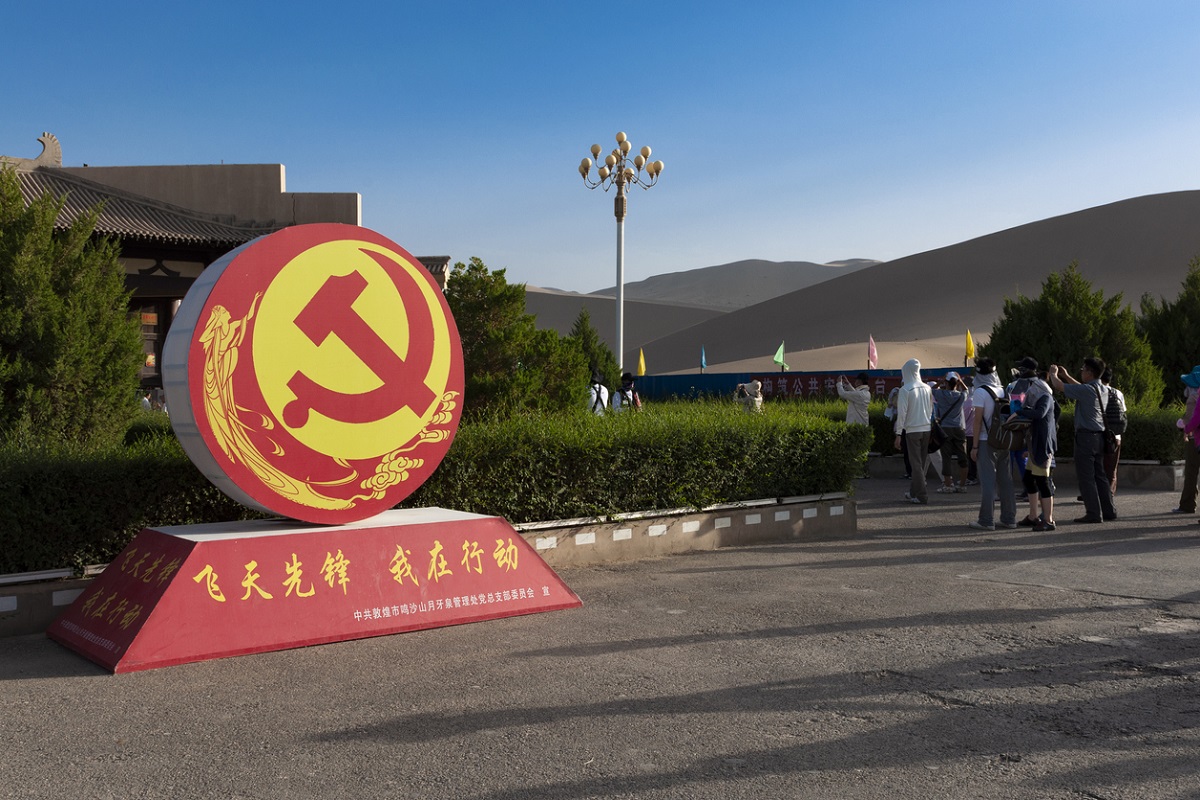The meeting of the 20th Congress of the Communist Party of the Soviet Union (CPSU), the dominant leftist organisation on the planet at the time, in February 1956 turned out to be the most momentous in its history. It became known for Nikita Khrushchev’s “secret speech” denouncing the dictatorship and personality cult of his predecessor Joseph Stalin.
There is no such surprise expected from the world’s most powerful communist body, the Chinese Communist Party (CCP), as it prepares for its 20th Congress in the second half of 2022. But that doesn’t mean significant changes are not in the works. A series of articles based on empirical research by Brookings expert Cheng Li provide useful insights into the thinking of the Chinese leadership.
Advertisement
The central paradox Cheng Li and other China-watchers are trying to get their head around is that on one hand Beijing has of late made drastic policy moves routinely described as part of a hard-line, coercive approach, while on the other, the CCP has been concerned about the need for domestic socio-economic stability and a less hostile environment abroad. The 20th Party Congress is widely expected to provide clarity on how President Xi Jinping thinks he can balance these two, on-the-surface contradictory, impulses.
The crackdown on private sector conglomerates such as Didi, Alibaba, and Evergrande as well as many listed edtech and entertainment companies in recent months shows no signs of abating. There’s also no indication that the CCP leadership will change its position on the rights curbs in Xinjiang and Hong Kong or back off from the intense pressure it is exerting on Taiwan not to harbour any ambitions of independence.
China’s “selective technological decoupling” from the West, in response to US-led moves targeting its economy, has also sparked concern. Domestically, as Cheng Li has documented, President Xi has made several speeches at meetings with several hundred senior officials and upcoming younger leaders where he has emphasised the daunting challenges confronting the CCP and the great importance of “solidarity and stability”.
He has raised a question to characterise the overarching challenge confronting the CCP: “Our Party has such a long history, such a large scale, and has been in power for such a long time, how can we jump out of the historical cycle of the rise and fall of chaos?”
Structural changes, continuing economic disparities, and harsh measures to control Covid-19 have led to the closure of an estimated 4.5 million macro and-small enterprises in 2020. The figures for 2021 are expected to be even higher. The private sector (of which micro-and-small enterprises are the foundation) accounts for half of China’s tax revenue, 60 per cent of the country’s GDP, and 85 per cent of urban employment providing 440 million jobs.
Additionally, this year China is expected to have 10.8 million college graduates, an increase of 1.7 million over 2021, accounting for the largest number of college graduates ever. And they will be entering a severely depleted job pool. Analysts are emphatic that the era of rapid economic development supported by labour/export advantages of the early decades of opening up has passed. If the CCP’s 20th Congress doesn’t provide a path for the future, the 21st could well have its very own ‘Khrushchev moment’.









